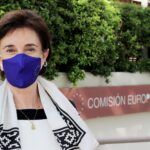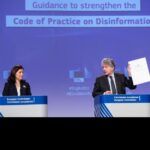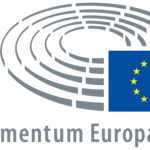EU ambassadors today agreed a mandate for negotiations with the European Parliament on the proposal for a Digital Green Certificate. This certificate will facilitate safe and free movement during the COVID-19 pandemic by providing proof that a person has either been vaccinated against COVID-19, received a negative test result or recovered from COVID-19.

The legal framework of the Digital Green Certificate consists of two legislative proposals. The first concerns EU citizens and members of their families and the second concerns third-country nationals legally staying or legally residing in the territory of a member state.
According to these proposals, it will be possible to use the certificate across all EU member states. It will also be introduced in Iceland, Liechtenstein, Norway and Switzerland. The Digital Green Certificate will also be open to initiatives being developed globally.
These are the key amendments introduced in the legislative texts by the Council:
- a reference to the fact that a Digital Green Certificate is not a precondition to exercise free movement rights and it is not a travel document, in order to stress the principle of non-discrimination, in particular towards non-vaccinated persons
- a new article on the international dimension of the Digital Green Certificate, clarifying the treatment to be given to certificates issued to Union citizens and their family members as well as legally-staying/residing third-country nationals vaccinated in third countries
- the data protection provisions have been strengthened throughout the text of the main regulation, in particular on the basis of the joint opinion of the European data protection supervisor and the European data protection board
- the text now includes a transitional provision to ensure that Member States can continue using the systems currently have in place during a short period of six weeks after the entry into force of the main regulation and until the Digital Green Certificate framework is fully operational on their territory
- the text of the draft regulation contains a provision enabling Ireland and the other member states to mutually accept certificates issued to third country nationals based on reciprocity
Background
On 17 March 2021, the European Commission presented two proposals for regulations, subject to the ordinary legislative procedure, to create a Digital Green Certificate and facilitate the safe free movement of citizens within the EU during the COVID-19 pandemic.
On 19 March 2021, EU ambassadors approved the establishment and mandate of the Ad-Hoc Working Party to accelerate as a matter of priority the negotiation of the above-mentioned proposals.
After several meetings at working party level, EU ambassadors have now agreed a common position with a view to start negotiations with the European Parliament.






Leave a Reply